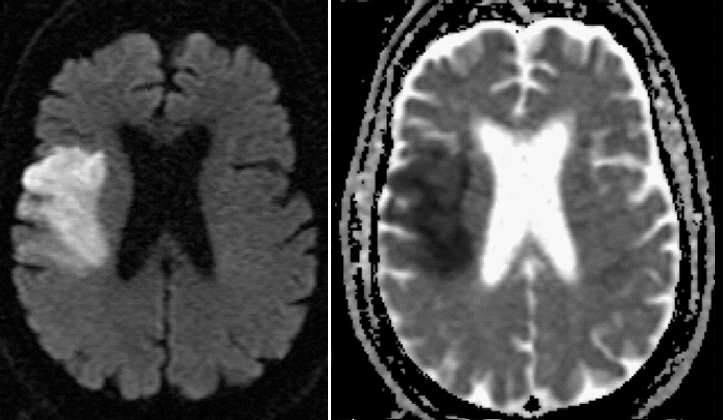AI Based STroke Risk fActor Classification and Treatment (ABSTRACT)
| Website: | SustainSW |
| Disease area(s): | Neuroscience; stroke |
| Data sources: | University Hospitals Plymouth NHS Trust (UHPNT) |
| Project stage: | Consultation |
| Ethical approval: | Granted (Reference Number: 23/SC/0217) |
| Principal Investigator: | Stephen Mullin |
| Lead Researcher (imaging): | Megan Courtman |
| Lead Researcher (cardiology): | Aishwarya Kasabe |
| Lead researcher (laboratory investigations): | Will Heseltine-Carp |
| Funder(s): | UKRI (Medical Research Council) |
| Reference: |
Summary
Stroke is the most common neurological disease and the most common cause of disability in the UK and worldwide. A number of treatments (such as lowering blood pressure or taking blood thinners) have been shown to reduce the risk of stroke, however some of the factors that lead to stroke are not yet clear. Many people who later developed strokes have unidentified or untreated risk factors for it, which were not addressed because of a lack of capacity and systems within the NHS to do so. Information to identify these risk factors is often available in libraries of NHS tests which have already been undertaken. We hope that by applying state of art artificial intelligence techniques to these libraries, to identify those at high risk of future stroke, so treatments and lifestyle modifications can be given to reduce this risk.
Using past ECGs, brain scans, heart scans, laboratory test results and medical records, we aim to automatically generate estimates of the risk of stroke in the near future. We will achieve this by taking data drawn from the systems of University Hospitals Plymouth NHS Trust of people who have had and have not had strokes in the past. We hope to use the data of up to 120,000 people for this study. This will comprise 10,000 people of have had a stroke and up to 110,000 people who have not. Before sending the data to our research team for analysis, NHS data managers who work within the routine clinical care team (i.e would normally have access to the data as part of delivering clinical care to the people affected) will remove any data which allows people to be identified from it. This will mean it will not be possible to identify the poeple whose data is being used to anyone other than the NHS teams looking after them.
We will then use a technique called machine learning to look for patterns which are more common in one or more investigation(s) of those who later developed a stroke. This will, we hope, enable the construction of software which can give a sophisticated estimate of the future risk of stroke at 1,3, 5 and 10 years. Using techniques known as ‘explainable AI’, we also hope to be able to identify new markers of future stroke, which will may enable treatments to prevent it. If we are able to prove that this approach works, then next step will be to test whether it works it populations that represent the diversity of the UK.
Whilst it is not practical to ask explicit consent of patients to use this data, we will take all reasonable steps to ensure that the wishes of those who do not want their data used are respected. We will not use data of those who have signed up to the NHS England opt out register. Prior to us finalising the database used for analysis, you can also opt out of the use of your data use by following thegit link at bottom of the page.









